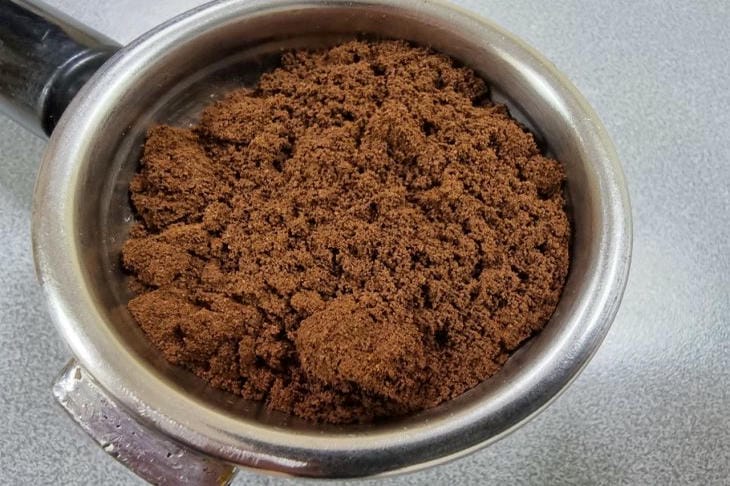How to Maintain a Healthy Liver: 8 Foods to Avoid
The liver is one of the most important human organs, performing the functions of removing toxins from the blood and the body as a whole.
A healthy liver is vital for a person, but some foods can harm this important organ.
To keep your liver strong, it is important to be aware of some foods that have negative effects.
Alcohol
The first and one of the most dangerous toxins for the liver. Excessive alcohol consumption can cause damage to the organ and lead to diseases such as fatty liver disease, hepatitis and cirrhosis.
Artificial sweeteners
Some studies suggest that artificial sweeteners such as aspartame may cause liver damage and increase the risk of various diseases.

Foods high in salt
Excessive consumption of salty foods can lead to high blood pressure and, as a result, problems with internal organs.
Caffeine
Excessive caffeine consumption can impair blood flow to the liver and lead to damage and oxidative stress.
Sweet drinks and foods high in added sugar
Foods such as sodas, chips, cookies, and chocolate can contribute to liver damage and increase the risk of developing non-alcoholic fatty liver disease.
Foods High in Trans Fats
Namely, fast food products, ice cream, cookies, donuts, waffles and cakes. Trans fats are poorly broken down by our body and most of them settle on the walls of the liver.
Foods High in Aflatoxins
Aflatoxins are toxic compounds produced by certain molds that can grow on food crops, such as peanuts and popcorn.
Refined carbohydrates
Foods such as white bread, pasta and baked goods, which are rich in refined carbohydrates, can cause fat accumulation and eventually non-alcoholic fatty liver disease.
To maintain liver health, it is important to eat a balanced diet that is rich in foods such as fruits, vegetables, lean protein, and whole grains.
Making smart dietary choices can go a long way in maintaining health and preventing disease.
